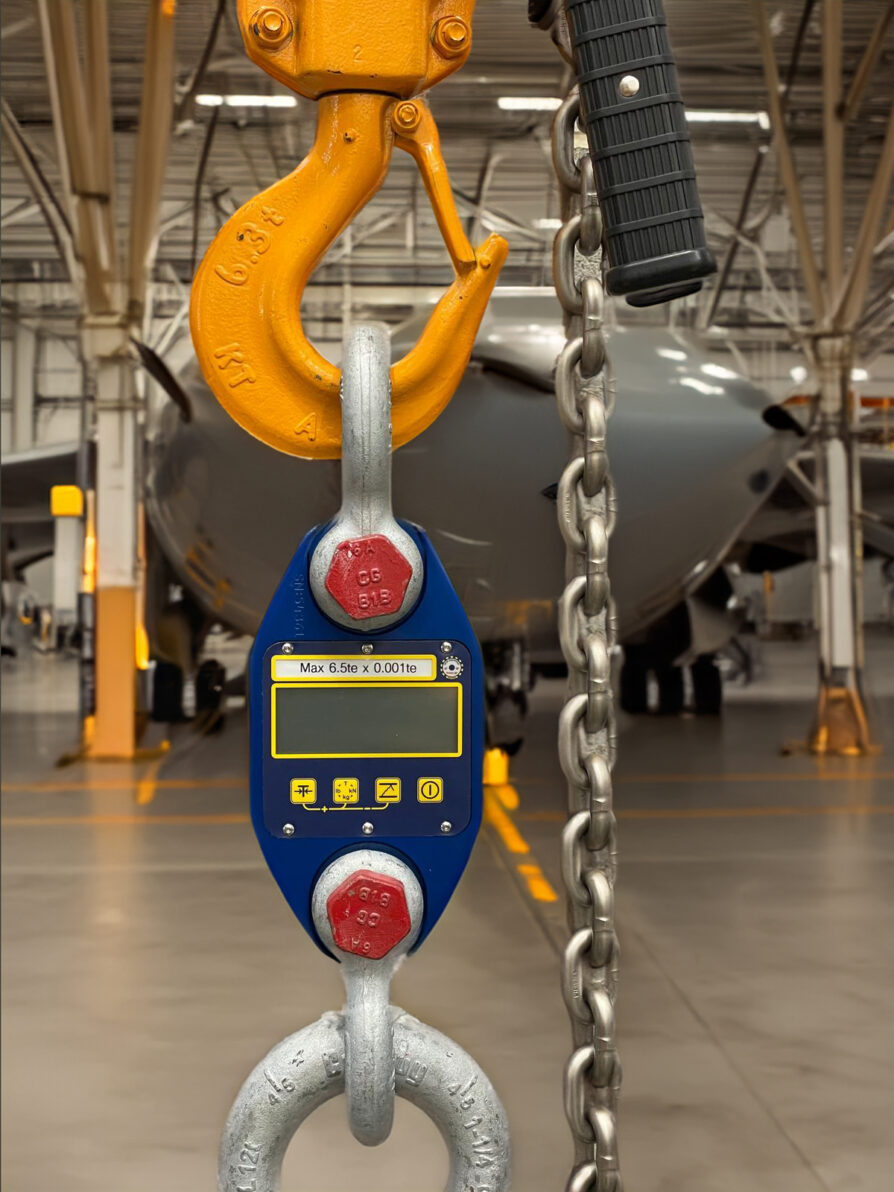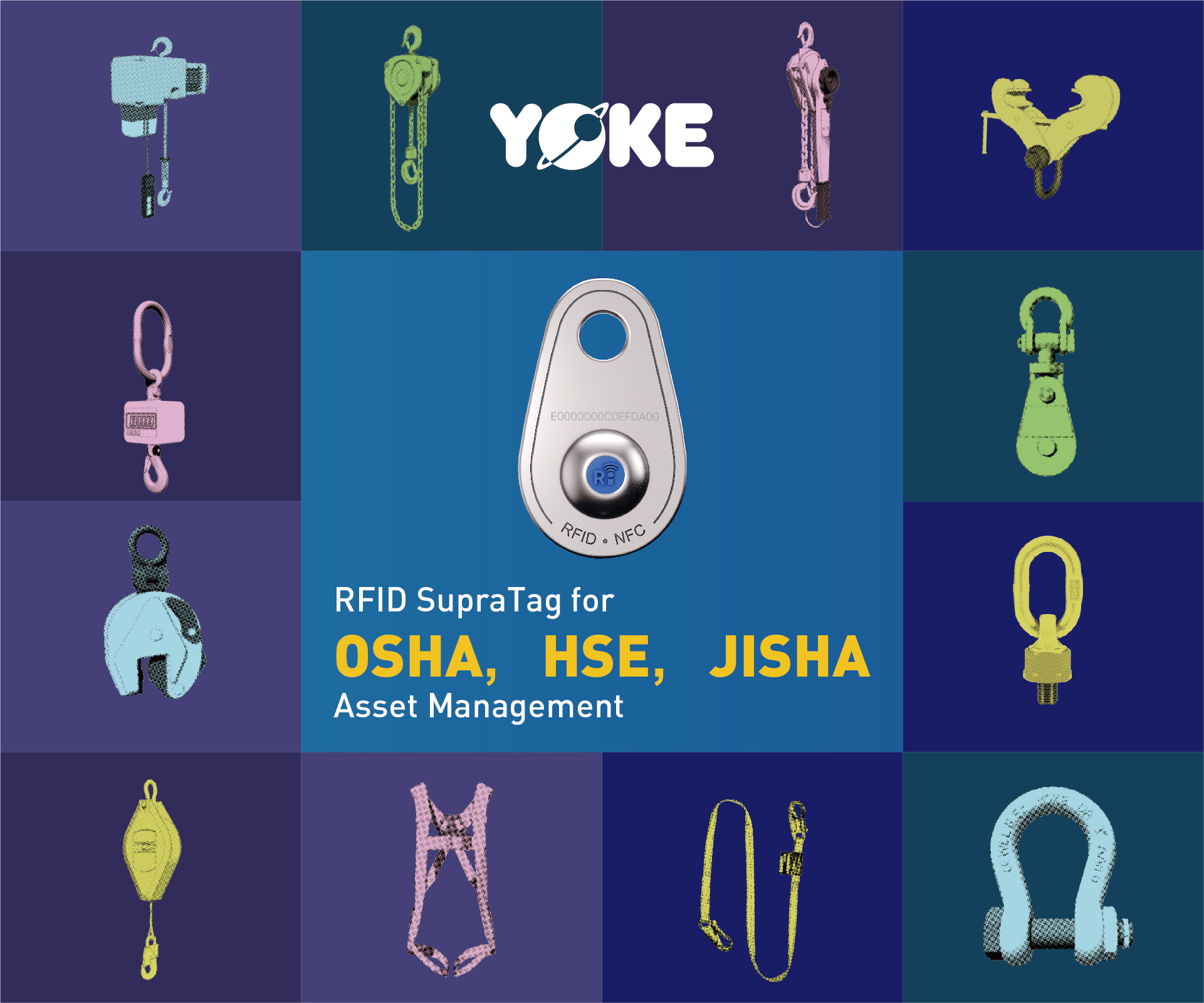)
Self indicating dynamometer for safer, accurate lifting
Kito Crosby has launched the Crosby Straightpoint Self Indicating Dynamometer (SID) – designed to replace outdated mechanical products.
The Crosby Straightpoint Self Indicating Dynamometer (SID) is a dynamic self-indicating version of the well-known Crosby Straightpoint product ‘Bluelink.’ The SID is available in a 6.5t capacity with advanced features and benefits, providing solutions where close proximity load monitoring is required, such as when operating lever or chain hoists at height or lifting vehicle motors.
Providing accurate load measurement and incident prevention, this dynamometer is rigged using industry standard shackles such as Crosby G2130 shackles with a compact design to minimize headroom loss (6.14in or 156mm from eye to eye).
Constructed with high-grade aircraft quality aluminium and with a safety factor of 6:1, its lightweight design does not sacrifice on strength. The Crosby Straightpoint link style dynamometers are on average 30% lighter than those of other suppliers.
The easy to read 6-digit LCD screen provides a fast and accurate readout, and features: tare and preset tare; selectable measurement units (lb, kg, kN and tonnes); 100Hz high-speed peak hold; audible set-point alarm and an overload counter. Additional features include a battery life of 80 hours of continuous use and optional connection to a hand-held readout device with the ability to connect to four dynamometers simultaneously.
The Crosby Straightpoint SID is a smart lightweight solution for measuring the load in a variety of applications including aircraft engine installation and maintenance, gantry cranes, steel beam fabrication, general weighing, tie downs, towing and linesman tensioning.
Peter Hird, commercial director for Crosby Straightpoint and Crosby BlokCam says, “This is a natural progression from the Bluelink, which is our popular entry-level wireless loadcell. Many applications are close-up and hands-on, such as operating a lever hoist, and the ability to view the load on the load cell while the operator is in close proximity is imperative in many applications. This entry-level dynamometer will allow more users to measure and know the load, furthering job site safety and productivity.”











